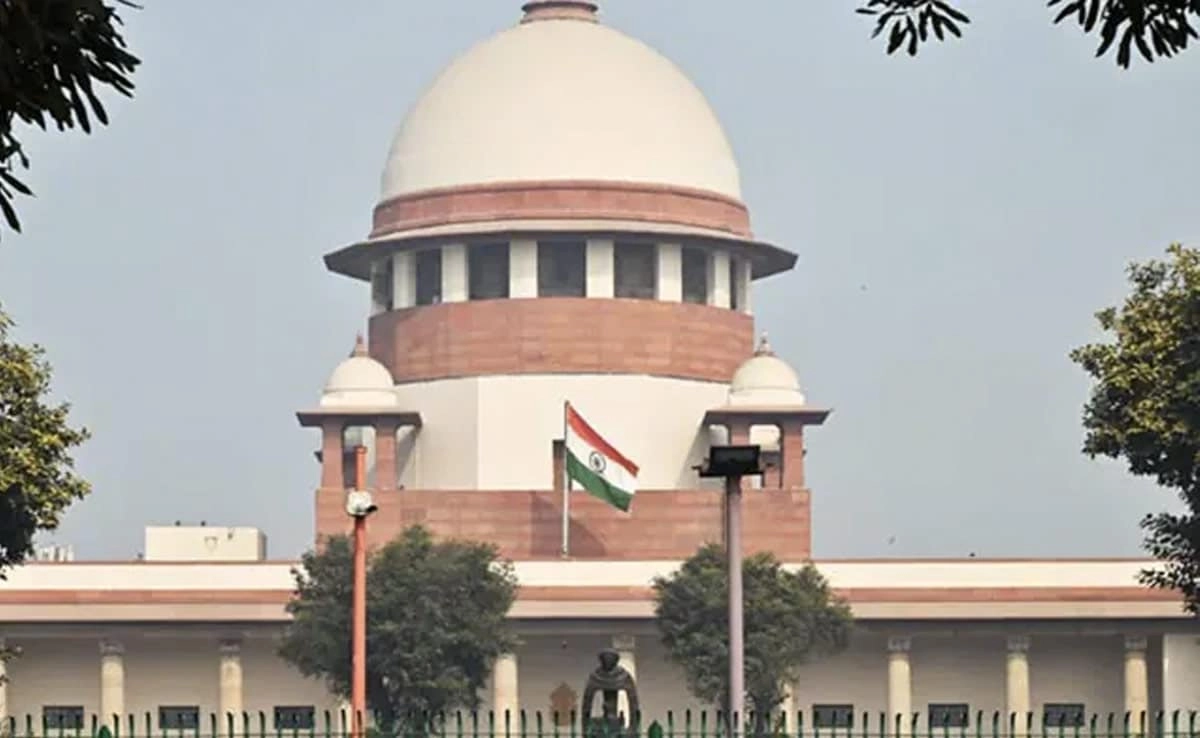The Supreme Court of India has recently expressed significant concerns regarding the Enforcement Directorate’s (ED) performance in handling cases of financial crimes. Notably, the apex court highlighted the alarmingly low conviction rates associated with the agency’s operations. This statement underscores the judiciary’s expectation that enforcement bodies, like the ED, must operate with a high degree of integrity and effectiveness, moving beyond merely charging individuals to securing successful convictions in court. The court’s remarks suggest that the ED should not behave in a manner that could be perceived as unprincipled or unethical, likening such behavior to that of a “crook.”
The Supreme Court’s scrutiny of the ED’s practices is particularly timely, given the increasing public discourse surrounding the agency’s role in combating corruption and economic offenses. The court’s observations serve as a reminder that enforcement agencies must adhere to the rule of law and ensure that their investigative processes are robust and transparent. A low conviction rate not only raises questions about the efficacy of the ED’s investigations but also impacts public trust in the agency’s ability to uphold justice. This situation necessitates a thorough examination of the procedures employed by the ED and an emphasis on accountability to ensure that cases brought forward are substantiated with sufficient evidence.
Furthermore, the court’s intervention may prompt the ED to reassess its strategies and methodologies in pursuing cases. The expectation is that the agency will enhance its investigative practices, perhaps by focusing on building stronger cases that can withstand judicial scrutiny. The implications of the Supreme Court’s statements extend beyond the ED; they highlight a broader concern regarding the functioning of enforcement agencies in India and their responsibility to maintain a balance between rigorous enforcement and adherence to legal standards. Ultimately, the court’s insistence on higher conviction rates reflects a commitment to upholding justice and ensuring that enforcement agencies fulfill their roles without resorting to questionable tactics or practices.
In conclusion, the Supreme Court’s warning to the Enforcement Directorate about its low conviction rates serves as a pivotal moment for the agency. It emphasizes the need for the ED to operate with integrity and effectiveness, reinforcing the importance of accountability in law enforcement. As the court calls for improved practices and outcomes, it sets a precedent for ensuring that justice is served and that the rule of law prevails in the fight against financial crime. The ongoing dialogue between the judiciary and enforcement agencies will be critical in shaping a more effective and trustworthy system for addressing corruption and economic offenses in India.




